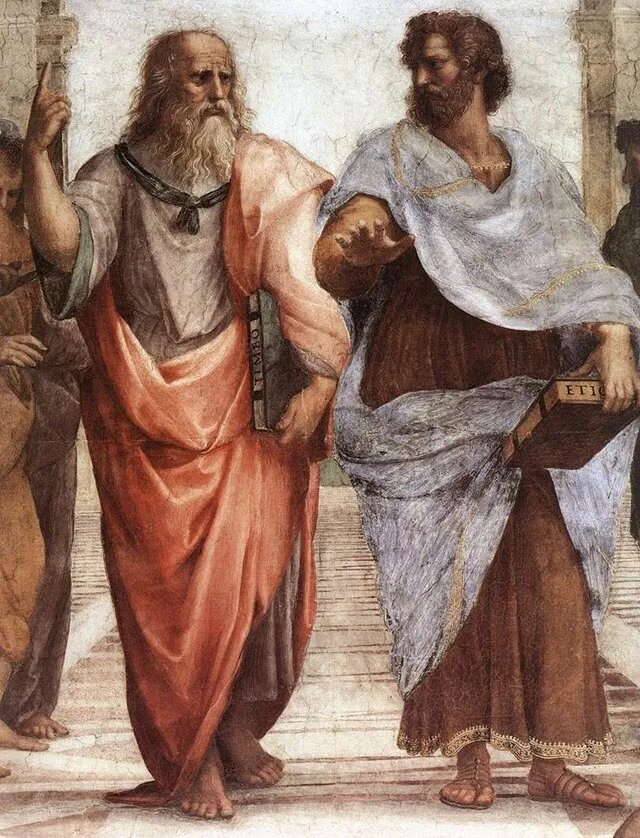The Propounder of Political Philosophy

The Republic is regarded as a philosophical encyclopedia that covers all facets of human life, including politics, education, the ideal man and society, morality, and ethics. State, justice, rights, and liberty are the four main pillars of political theory or political philosophy, and they were all written by Plato in his book.
The polis, or city-states, of ancient Greece were always at odds with one another. The grouping of both the ruler and the subject, as well as the larger phenomena of legitimacy, rights, and obligations, were all thoroughly examined by Plato. He substituted the arete with the presumptive method of experiencing life, which was via splendor and chivalry (moral virtue). Additionally, he argued that the democratic government of the time in Athens had a mob mentality.
Plato disregarded democracy as a chaotic display of competing ideas, beliefs, and interests that never managed to find common ground. In the end, demagoguery succeeded in influencing them all. He offered a fresh approach to citizen education and how to set up political institutions for the good of the state in The Republic.












